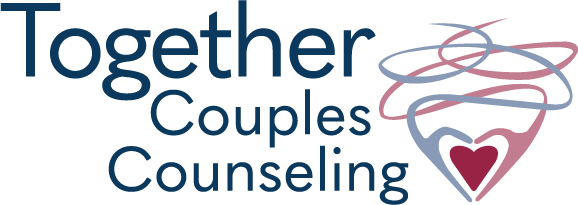Anxiety can feel overwhelming, and finding ways to manage it without relying solely on medication is a common desire for many. While medication has its place, natural approaches that focus on building healthier relationships with yourself and others can also play a critical role in reducing anxiety. One such approach is Relational Life Therapy (RLT), which emphasizes the importance of relational dynamics and connection. Here are six natural ways to reduce anxiety, grounded in the principles of RLT.
1. Build Emotional Awareness Through Honest Communication
Relational Life Therapy teaches that anxiety often stems from unresolved emotional experiences and poor communication within relationships. One of the best ways to reduce anxiety is to begin expressing your feelings openly and honestly. This does not mean venting or saying whatever comes to mind without thought. Rather, it is about being vulnerable and sharing your feelings in a way that fosters understanding, not conflict.
When you allow yourself to communicate openly, you break the cycle of pent-up emotions that can contribute to anxiety. It also strengthens your connection with those around you, providing a support system to help you navigate anxious moments.
2. Develop Healthy Boundaries
Another foundational concept in RLT is boundary-setting. Anxiety often arises when we feel overextended or taken advantage of in our relationships. By learning to set clear and healthy boundaries, you protect yourself from emotional overload.
Boundaries may look different for each person, but they all serve the same purpose: protecting your emotional well-being. Whether it means saying “no” to additional tasks at work or taking time for yourself in a relationship, boundaries help you regain a sense of control. RLT encourages clients to approach boundaries as a way of fostering respect in relationships, rather than as something to fear or feel guilty about.
3. Practice Active Listening in Relationships
Active listening is a cornerstone of RLT and an effective way to reduce anxiety. When you practice active listening, you give your full attention to the speaker, focusing not only on their words but also on the feelings behind them. This allows for deeper connection and understanding in your relationships, which, in turn, can reduce the stress and anxiety caused by miscommunication.
By actively listening to others, you validate their feelings and create a space for open and supportive dialogue. This process helps eliminate the uncertainty and emotional tension that often feeds anxiety.
4. Engage in Physical Activity
While emotional and relational practices are essential for reducing anxiety, physical activity is also a powerful natural remedy. Exercise releases endorphins, which are known to improve mood and reduce stress. Whether it is a brisk walk, yoga, or an intense workout, moving your body helps regulate the physical responses that contribute to anxiety.
Incorporating physical activity into your routine also enhances your overall sense of self-efficacy, which is an important part of RLT. When you feel stronger physically, you are more likely to feel confident in your emotional relationships as well.
5. Establish Consistent Routines
A lack of structure can amplify feelings of anxiety, leaving you feeling overwhelmed and out of control. By establishing consistent daily routines, you create a predictable environment that can help soothe anxiety. This can include simple things like setting a regular bedtime, having structured mealtimes, or incorporating relaxation techniques into your day.
When you have a structured routine, you give yourself a sense of control over your environment. This can help lower anxiety, as you no longer feel as though things are happening to you without your input.
Conclusion
Reducing anxiety naturally requires an integrated approach that considers both your emotional and physical well-being. These techniques not only help reduce immediate stress, but also build healthier connections with those around you.
RLT encourages individuals to deepen their connections with others and work through relational difficulties, which can reduce the emotional weight that contributes to anxiety. To learn more about relational life therapy and find out if it’s right for you, contact my office!






